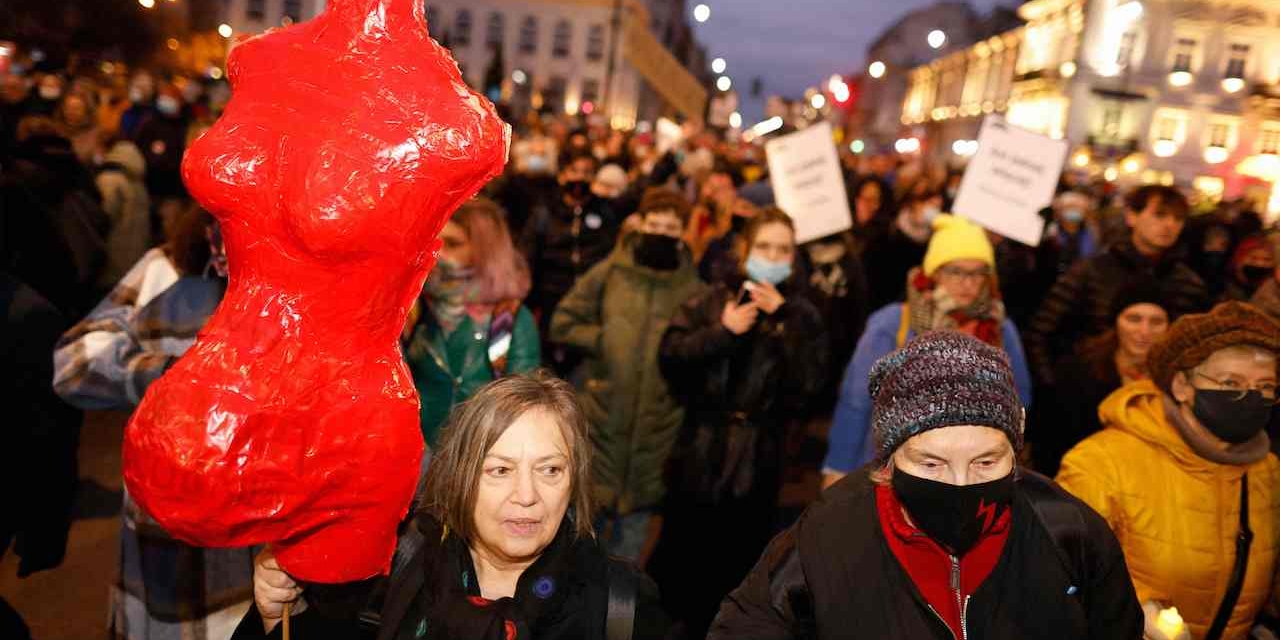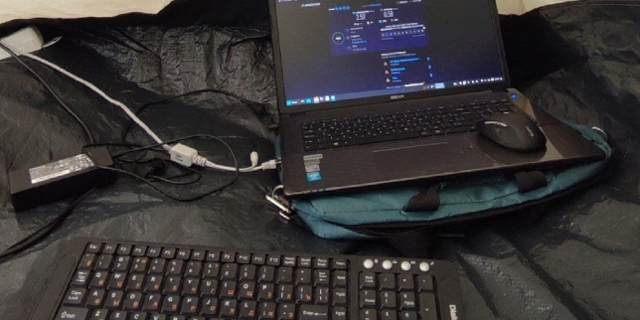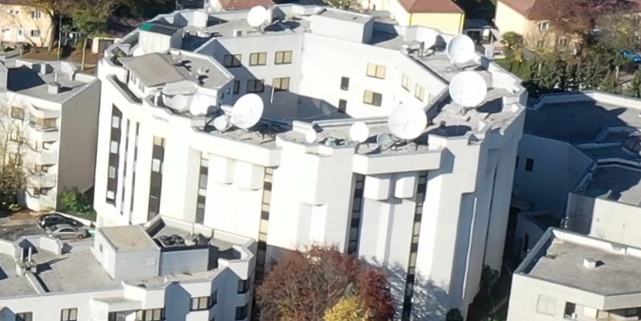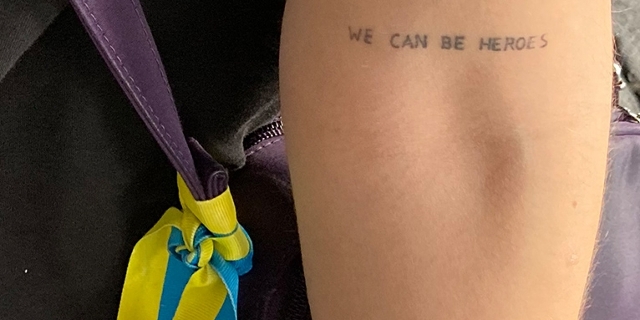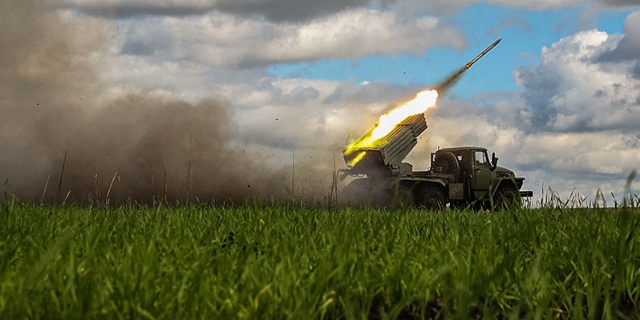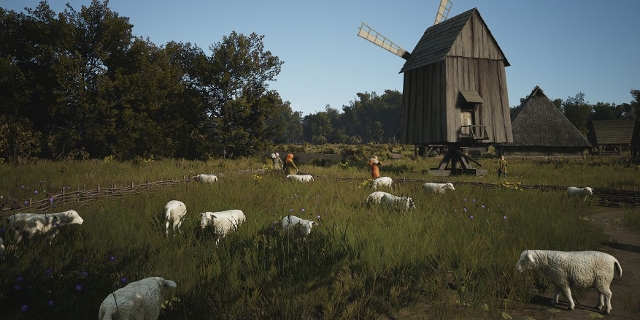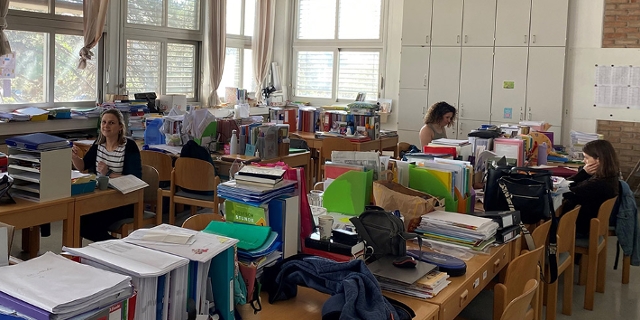Wie Vergewaltigungs-Opfern aus der Ukraine in Polen der Zugang zu Abtreibung erschwert wird
Von Daniela Prugger
Im vergangenen Jahr ist in Polen ein umstrittenes fast vollständiges Abtreibungsverbot in Kraft getreten, das Abtreibungen nur noch in Fällen von Vergewaltigung, Inzest und wenn die Schwangerschaft das Leben der Mutter bedroht, erlaubt. Anbieter von Schwangerschaftsabbrüchen und zivilgesellschaftliche Gruppen haben davor gewarnt, dass nun auch Frauen, die aus der Ukraine geflohen sind, vor diesen Hindernissen stehen. Das ganze Gewicht bei der Bereitstellung von Informationen und der Abtreibung liegt bei Aktivist*innen.
Die ukrainische EU-Ombudsfrau Liudmyla Denisova hat vor Kurzem mitgeteilt, dass es in der Ukraine mittlerweile mehr als 400 nachgewiesene Fälle von Vergewaltigungen durch russische Soldaten gibt. Aber viele Frauen, die derzeit abtreiben möchten, stehen gerade auch einfach vor dem nichts: Die Wohnhäuser wurden zerstört, geplante Schwangerschaften sind in der derzeitigen Situation nicht vorstellbar, nicht finanzierbar, und so weiter.
Eine, die in Polen versucht, den Zugang zu Schwangerschaftsabbrüchen zu erleichtern, ist Kinga Jelinska (41), der Direktorin des gemeinnützigen, weltweit arbeitenden Abtreibungsdienstleisters Women Help Women und Mitglied von Abortion without borders. Jelinska sagt, dass Frauen, die sich bei ihr melden, nicht nach dem Grund für ihren Wunsch einer Abtreibung gefragt werden. Jeder Frau soll dieses Recht, selbst zu entscheiden und sich dafür nicht zu rechtfertigen, zustehen. Seit dem 24. Februar, als Russland die Ukraine überfiel, haben polnische Abtreibungsaktivistinnen mehr als 200 Anfragen in ukrainischer Sprache erhalten.
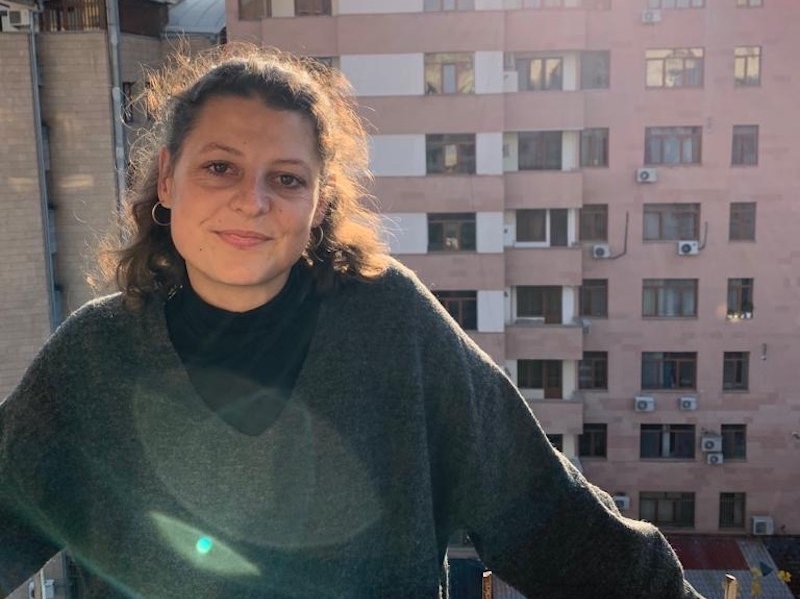
Daniela Prugger
Drei Jahre hat FM4-Korrespondentin Daniela Prugger in Kiew gelebt, bis zum russischen Überfall auf die Ukraine. Momentan ist sie in Krakau und berichtet von dort über die Situation der Geflüchteten.
Daniela Prugger: Like in many other wars, sexual violence is a big topic in the context of the war in Ukraine. And as we have discussed, hundreds of women and girls have been raped. Let’s talk about some of them who make it to Poland. So we’re speaking about women and girls who have essentially fled their home because of bombs and often they went through sexual violence. What do they face when they come to Poland and if they are in need of, let’s say, an abortion or emergency contraception?
Kinga Jelinska: They come from Ukraine, a country who has liberal abortion laws, just like in Austria, where you can go to a clinic, where you can go to a hospital and have an abortion, where you can have access to abortion pills quite easily. So they do know the technologies, the methods there, the type of treatment that you would get. They are pretty simple from from a perspective of public health and medicine, but they are shocked that in Poland there is absolutely no systemic response to the reproductive needs of women.
Daniela Prugger: So since last year, this near-total ban on abortion in Poland has taken effect, allowing abortion only in cases of rape, incest and when a pregnancy threatens the life of the mother. But in order to prove rape or in order to get an abortion in Poland, you need to open a criminal investigation.
Kinga Jelinska: It means that you will be put to the ordeal of probably many weeks of proving what has happened, and very many people opt out of this option. So the fact that you have some theoretical, you know, outlook that perhaps you will be able to get an abortion legally in Poland completely outweighs this outlook. Nobody wants to do this because it is retraumatizing. So instead of being faced with an unfriendly system, with the fact that you have to „deserve your abortion“, because you have to go through all the proofs, you have to talk to a prosecutor, the police etc., and you don’t know how you are going to be treated... So they immediately opt out and they contact options who are known for being safe and for being effective and for being women-friendly. And those options in Poland lie completely with non-profit feminist organisations.
Daniela Prugger: People like you and your colleagues - Poland-based volunteers and doctors helping Ukrainian women and refugees to access abortion - face criminal sanctions in Poland. Tell us about the situation for activists and doctors who try to help.
Kinga Jelinska: I can have an abortion. I can go to the police. I say I just get an abortion. They cannot do anything because the person that’s pregnant and has an abortion is not criminalised. However, who is criminalised are the people who help. And it’s an old law from a criminal code from 1993 to make sure that the doctors back then would not, after hours in their private practise, continue to do abortions as they did before the law was introduced. However, nowadays the situation has changed drastically in terms of abortion technologies and methods, because nowadays we also have abortion pills who are just, you know, five pills that you need to take, who are small, easy. A person can do it themselves. Pills can be sent from one country to another.
So my colleague, Justina, who has given out those pills, is on trial for helping, even though the woman whom she helped has never taken those pills because she was in the domestic abuse situation and her husband confiscated the pills. What’s more, he called the police on his own wife. That’s why they went to court. And so this is also a very, I would say, symbolic picture of the situation of women in Poland. There is no access to abortion, etc.. But when the oppressive husband calls on his wife, the police does appear and confiscates the pills, etc.. It’s about disciplining and policing the behaviour of women.
Publiziert am 05.05.2022







